They are Mr. Tran Duc Hau (73 years old) and Mrs. Pham Thi Hue (72 years old). They are two pieces of history, two hearts that have gone through many storms and fires of war together, and now together witness the Fatherland Vietnam achieve the foundation it has today.
"So proud and touched!"
Witnessing the atmosphere before the practice session, Mr. Hau could not hide his happiness and exclaimed: "So proud and moved! It's been so many years since the country had such an important day, so heroic!".
Mr. Tran Duc Hau and Ms. Pham Thi Hue - PHOTO: DINH HUY
He felt a surge of pride when he saw the growth and maturity of the Vietnam People's Army. Along with that, he was overcome with emotion when he remembered the martyrs and fallen comrades who had devoted their youth and blood to the country to achieve what it has today.
Going back in time, Mr. Hau said, he and Ms. Hue were both born in the old Yen Mo district, Ninh Binh province. Growing up, they both worked for the local Youth Union. After Uncle Ho passed away, with deep pain and determination, Mr. Hau, then 18 years old, wrote a volunteer application to fight on the southern battlefield with a solemn oath "to leave and keep my oath, until the American invaders are gone, I will not return to my homeland".
Mr. Hau said that it is a sacred oath that is deeply engraved in the hearts of every soldier, becoming a guiding principle for every action and every sacrifice on the fierce battlefield.
Meanwhile, Ms. Hue joined the army in 1971. A year later, she directly participated in the 12-day and night campaign to protect the sky of Hanoi (the Dien Bien Phu in the air campaign) - one of the fiercest battles of the resistance war against the US. After brave days in the sky of the capital, she was transferred to the officer training school, and continued to work in the army until the day she was discharged.
Mr. Hau said that during the 6 years he participated in the resistance war against the US in the Southern battlefield, he was lucky to survive and return. He was even happier when during those 6 years, Mrs. Hue was still in the rear, steadfastly waiting for Mr. Hau even though she did not receive any information.
On the battlefield, Mr. Hau witnessed and experienced horrifying battles, where death was imminent and sacrifice was inevitable. He recalled that on the night of April 18 and early morning of April 19, 1972, his unit, belonging to Battalion K80, Military Region 5, carried out an extremely important mission, which was to attack the Dak Pet stronghold (formerly Kon Tum province) to open the way from the Central Highlands to Military Region 5.
However, in just one night, his unit and the 404th Special Forces Battalion lost nearly 200 comrades. After many days and nights of arduous fighting but failing to liberate Dak Pet, Mr. Hau’s unit was ordered to withdraw to preserve its strength.
"At that time, I received the death notice first, which was considered a living funeral when I personally carried the withdrawal order from Military Region 5 and sent it to the unit. Fortunately, I survived, completed the mission, and returned," said Mr. Hau, adding that after completing that mission, he was admitted to the Party on May 22, 1972, marking a milestone in the life of a revolutionary soldier.
"I don't think I'll live to come back"
At the end of 1974, Mr. Hau was wounded in the thigh after enemy bombings. In the fierce battlefield, he thought he would not live to return home. At that moment, he wrote a letter to Mrs. Hue.
The letter was sent through a comrade in the unit in the North with the content: "Dear! In war, I don't know whether I will live today or die tomorrow. Perhaps it's best if someone loves you, then you should get married, because our soldiers on the battlefield have determined that one will be green grass, two will be red chest. If I become disabled, then I can return."
Those were the sincere, sacrificial and noble words of a soldier, who would rather sacrifice his own happiness so that his beloved could find a place to rest, than let her wait in vain. That letter is a testament to the cruelty of war, where love also has to struggle with separation and the fear of loss.
At that time, Mrs. Hue was working at the Military School of Military Region 3. Their deep affection was tested by the flames of war. Mrs. Hue recalled that during the time Mr. Hau was in the army, she did not receive any information but was still determined to wait for him to return.
"I was very happy when I received that letter, but at that time the country was still in the midst of war, I had to put aside my joy to complete my mission. I didn't think that after peace we would meet again," Ms. Hue said.
Fortunately, Mr. Hau was able to return. After being injured, Mr. Hau was sent to the North by the army to recuperate in Military Region 3 and became a disabled officer.
After the country was unified, Mr. Hau met Ms. Hue again, and the two officially became husband and wife after 6 years apart.
However, for Mr. Hau, that happiness always comes with anxiety, with the deep debt of gratitude that Mr. Hau has for his fallen comrades.
"I owe my comrades a lot," said Mr. Hau, adding that from that day until now, it seems like every year he and some of his comrades return to the old battlefield to look for their fallen comrades. That is the deep affection of the living soldiers for those who have fallen.
The story of Mr. Hau and his wife is an epic of love between a couple and love for the Fatherland, of great sacrifice and simple happiness when the country is independent and free. They fought, waited, hoped and stepped back to see their country grow strong, so that future generations can live in peace.
Source: https://thanhnien.vn/tinh-yeu-son-sat-cua-hai-vo-chong-cuu-chien-binh-xem-dieu-binh-a80-185250827090817354.htm



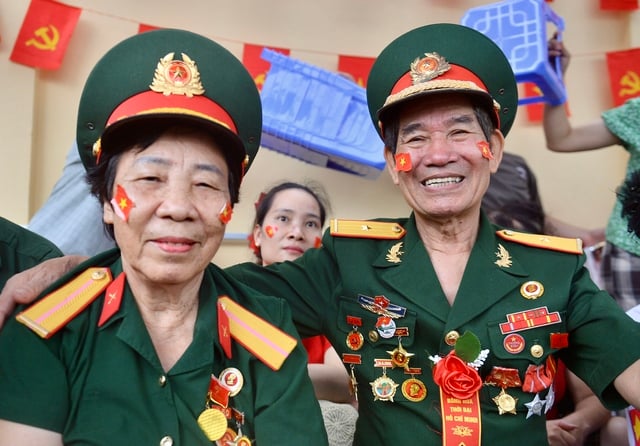
![[Photo] Chairman of the National People's Congress of China Zhao Leji begins official visit to Vietnam](https://vphoto.vietnam.vn/thumb/1200x675/vietnam/resource/IMAGE/2025/8/31/fcfa5a4c54b245499a7992f9c6bf993a)
![[Photo] National Assembly Chairman Tran Thanh Man welcomes and holds talks with Chairman of the National People's Congress of China Zhao Leji](https://vphoto.vietnam.vn/thumb/1200x675/vietnam/resource/IMAGE/2025/8/31/9fa5b4d3f67d450682c03d35cabba711)

![[Photo] General Secretary To Lam receives Chairman of the National People's Congress of China Zhao Leji](https://vphoto.vietnam.vn/thumb/1200x675/vietnam/resource/IMAGE/2025/8/31/5af9b8d4ba2143348afe1c7ce6b7fa04)
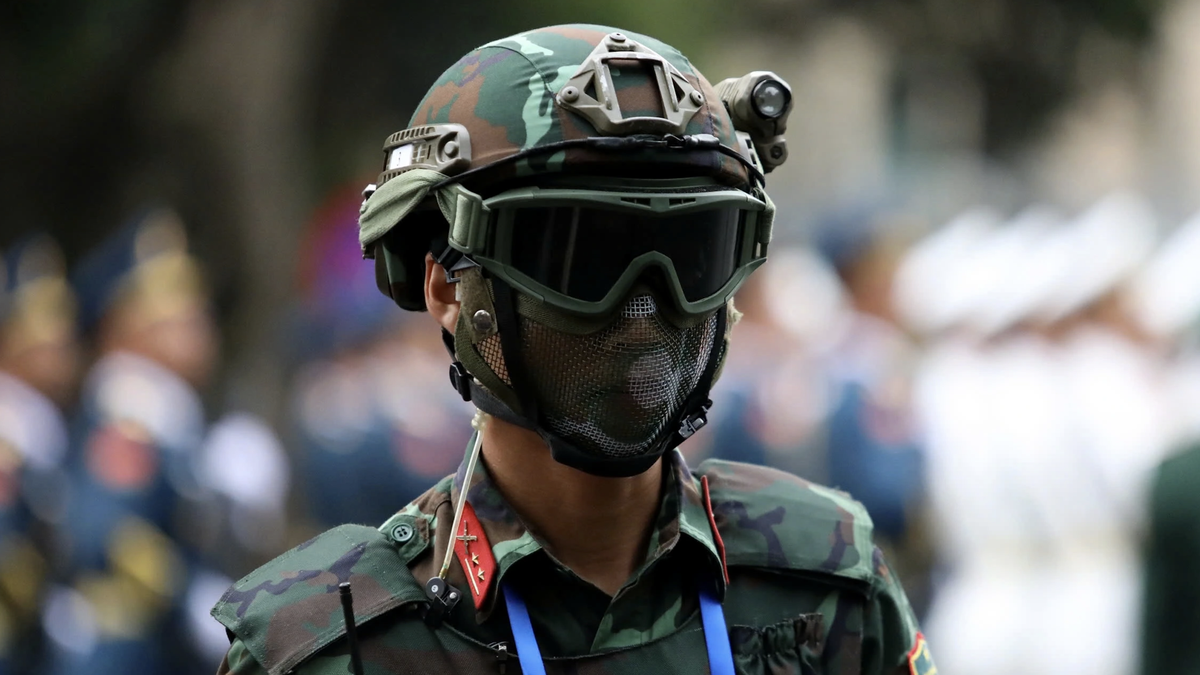
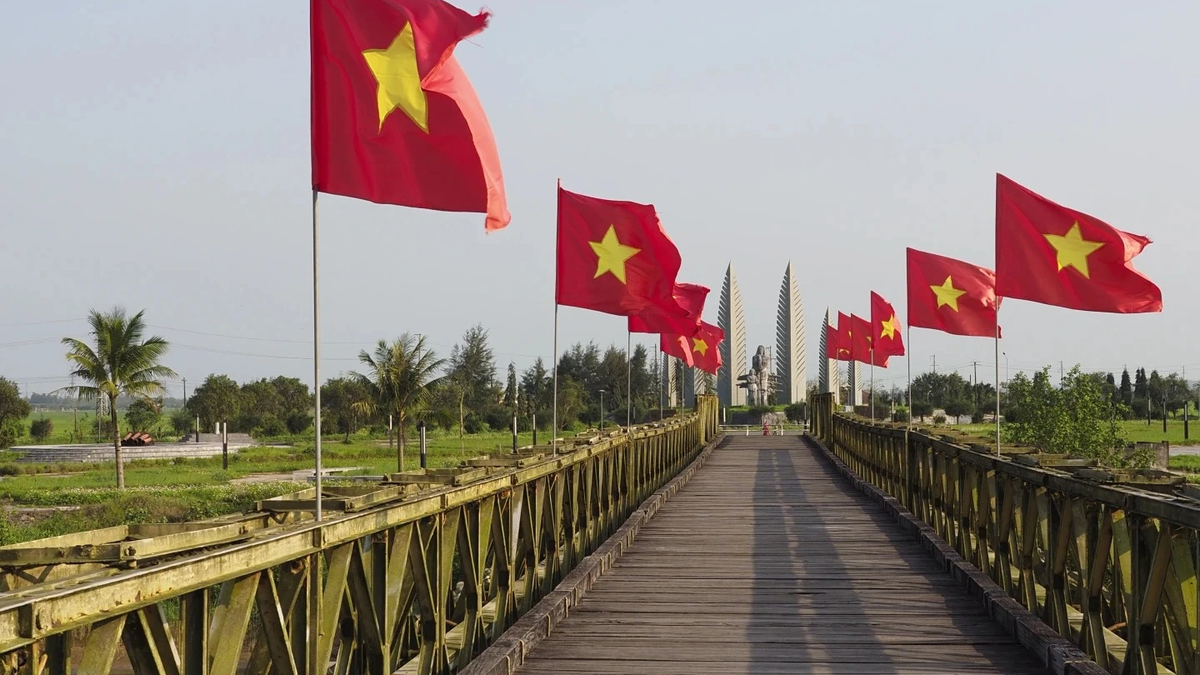

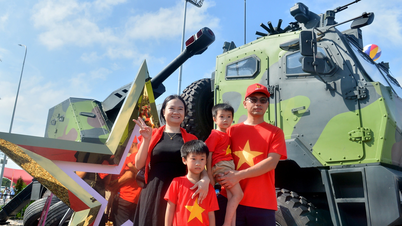
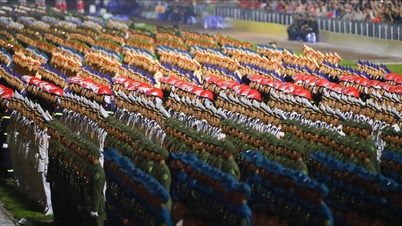



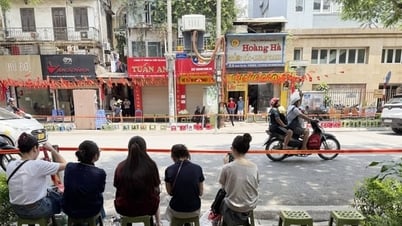

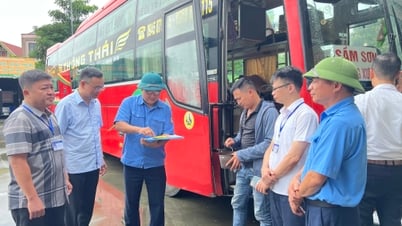



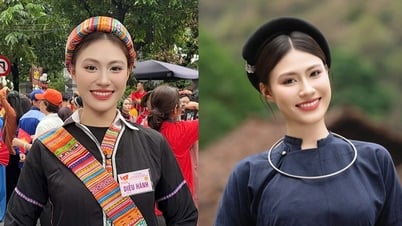
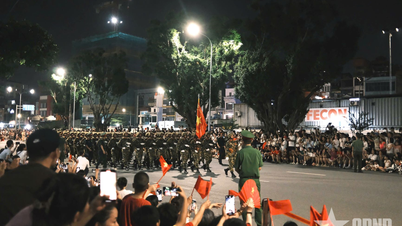

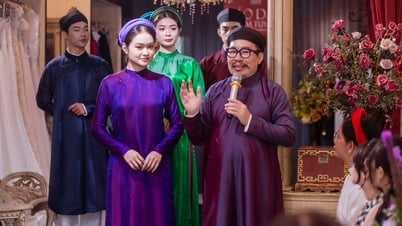
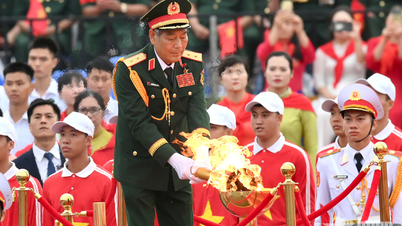
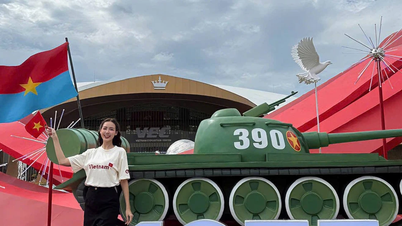






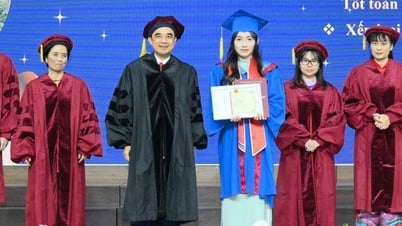
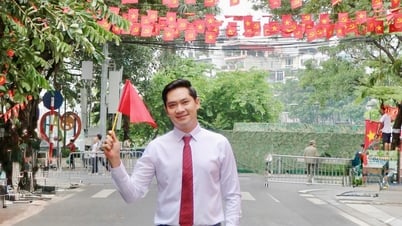


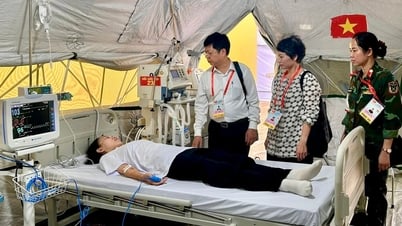



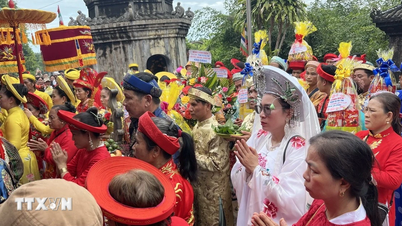
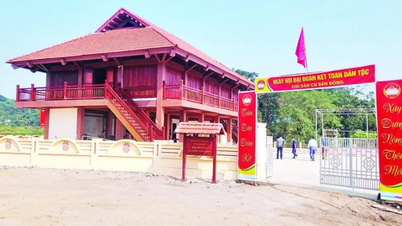





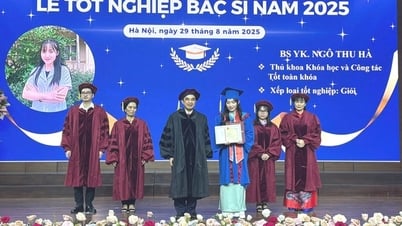



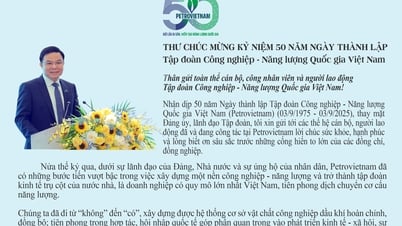






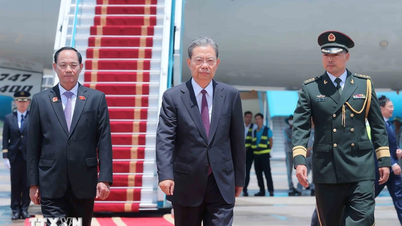

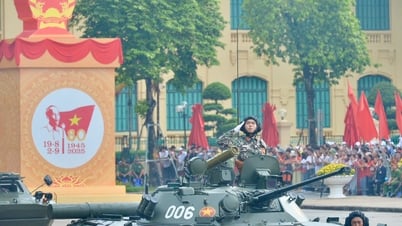
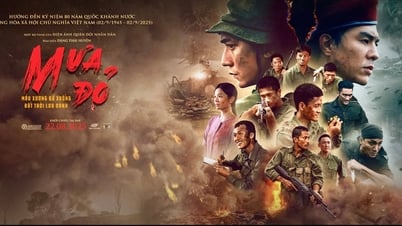

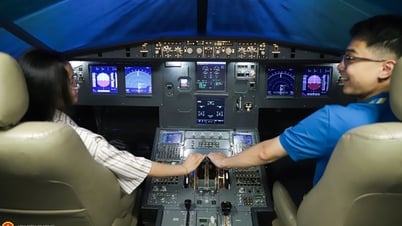




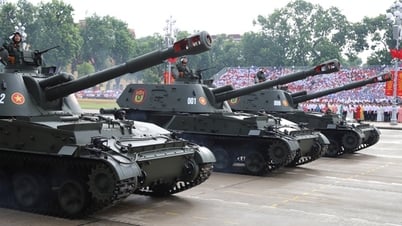



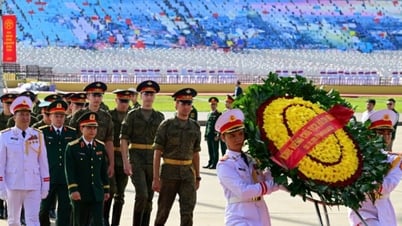
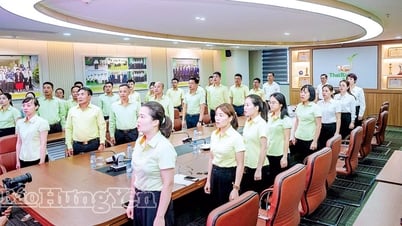
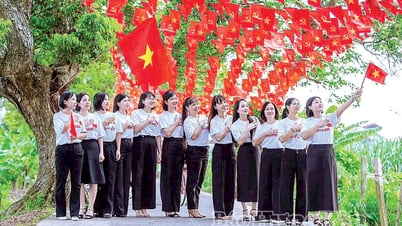
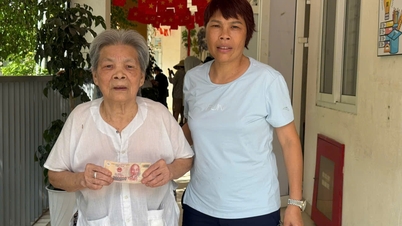
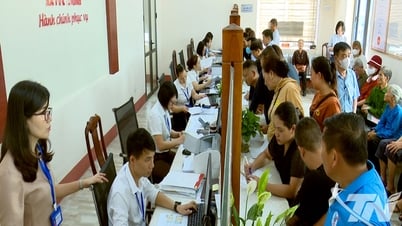
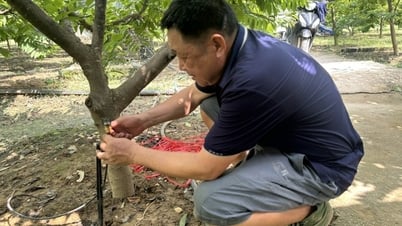

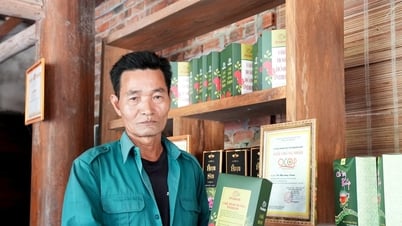









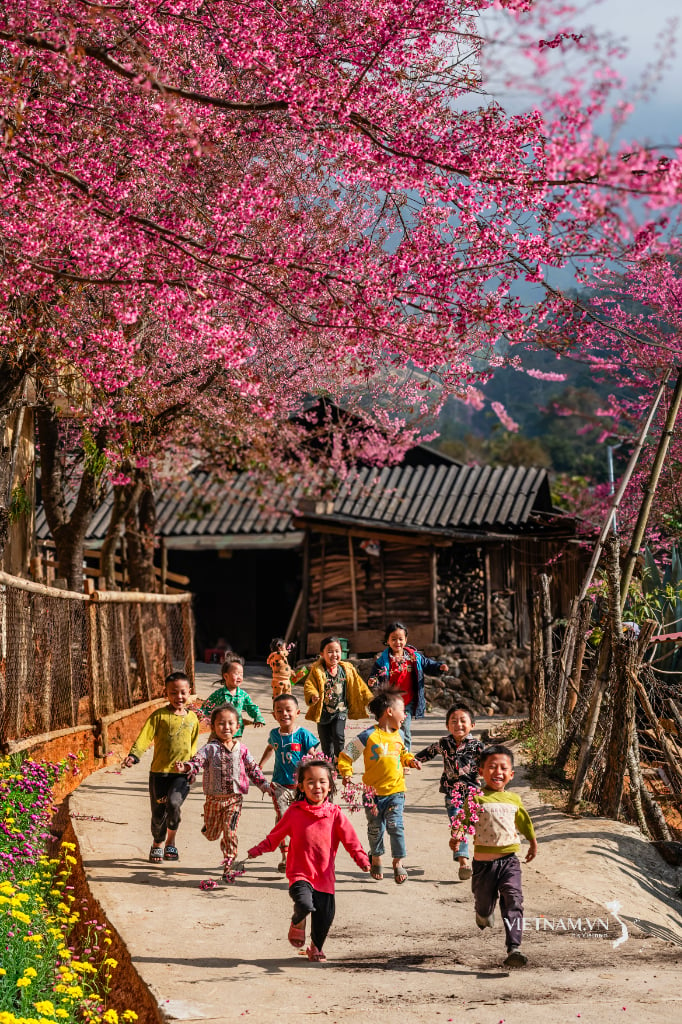

Comment (0)